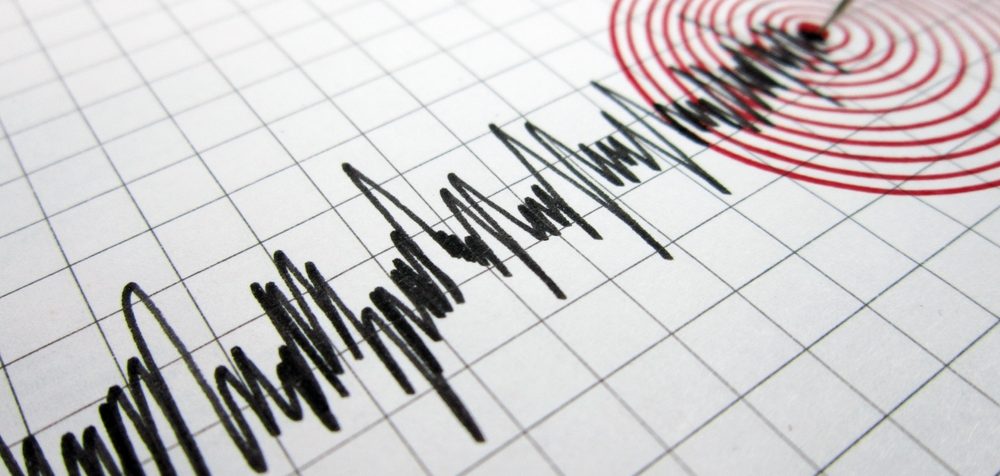
Researchers at The University of Texas at Austin have developed an AI algorithm that correctly predicted 70% of earthquakes a week before they happened during a seven-month trial in China. This new technology gives hope that accurate earthquake prediction could one day aid in limiting earthquakes’ impact on lives and economies.
“Predicting earthquakes is the holy grail,” said Sergey Fomel, a professor in UT’s Bureau of Economic Geology and a team member. “We’re not yet close to making predictions for anywhere in the world, but what we achieved tells us that what we thought was an impossible problem is solvable in principle.”
The AI was trained to detect statistical bumps in real-time seismic data that had been paired with previous earthquakes. The outcome was a weekly forecast in which the AI successfully predicted 14 earthquakes within about 200 miles (~ 322 km) of where it estimated they would happen and at almost exactly the calculated strength. It missed one earthquake and gave eight false warnings.
The researchers are confident that in places with robust seismic tracking networks – such as California, Italy, Japan, Greece, Turkey, and Texas – the AI could improve its success rate and narrow its predictions to within a few tens of miles.
“You don’t see earthquakes coming,” said Alexandros Savvaidis, a senior research scientist who leads the bureau’s Texas Seismological Network Program (TexNet), the state’s seismic network. “It’s a matter of milliseconds, and the only thing you can control is how prepared you are. Even with 70%, that’s a huge result and could help minimize economic and human losses and has the potential to dramatically improve earthquake preparedness worldwide.”
